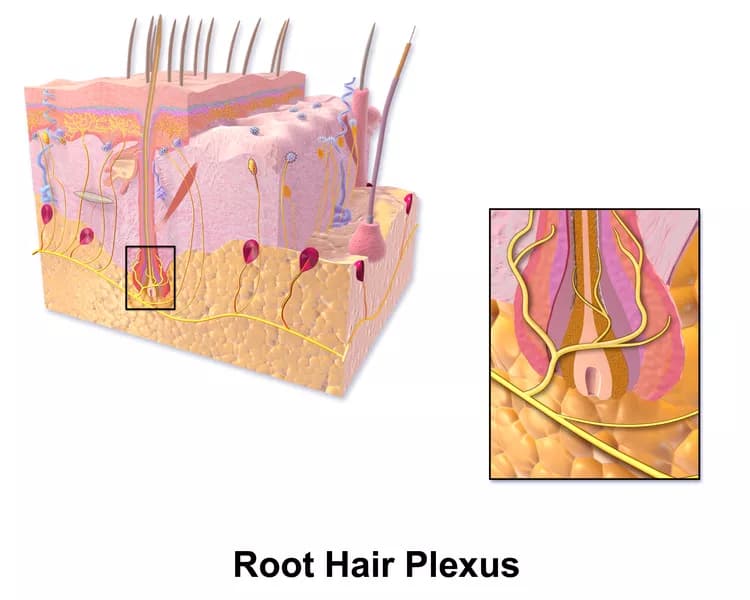
A Hair-Trigger For Cells Fighting Infection
To fight infections cells in the immune system play a dangerous game with their own genes. Damaging genes allows B cells to make antibodies that are specifically equipped to target to specific causes of illness, but damaging genes also puts them at risk of becoming cancerous. A new study led by scientists at the Babraham Institute in Cambridge, UK identifies Tia1 as a hair-trigger protein that stop our body's defences from turning against us.
All cells experience DNA damage but it's usually minor and can be repaired. The latest research, published in the journal Nature Communications, highlights that standard repair processes are too slow for B cells, where intentional DNA damage is more severe. The results show that B cells plan ahead, priming the DNA repair process early, so when they intentionally damage their own DNA it can be fixed before it causes lasting harm.
As the paper's first author, Dr Manuel Díaz-Muñoz said: "B cells walk a fine line, some DNA damage is needed for them to make effective antibodies to fight infections, but too much and they become harmful. It's a tough situation to manage biochemically. Tia1 controls the production of a number of proteins that help cells respond to damaged DNA. Tia1 allows a rapid response from B cells so they can repair DNA damage at a moment's notice."
Each illness requires a specific antibody to defeat it. By damaging and repairing the genetic instructions that make antibodies, each B cell produces a unique antibody type and the most effective ones are then used to fight disease. This causes extensive damage to the DNA inside B cells and must be rapidly repaired or genetic mistakes may weaken the immune system or even cause cancer.
Scientists believed that B cells only turn on DNA repair genes when they are needed to repair damage. Yet, these new results completely change this view. These genes are constantly active, but cells only use the information in these genes to make proteins when there is a lot of DNA damage. B cells prepare templates for the proteins but don't go on to make the proteins themselves.
Tia1 is the protein that enables B cells to stop making DNA repair proteins part way through. When DNA damage is low, Tia1 gathers together the protein templates, called mRNAs, for lots of different DNA repair proteins. When DNA damage increases Tia1 can quickly release all the mRNAs it collected and the cell uses them to make lots of the proteins it needs to fix its genes.
Head of the Lymphocyte Signalling Programme at the Babraham Institute and senior scientist on the paper, Dr Martin Turner, said: "Remarkably, our data suggest that regulation of mRNAs by Tia1 rather than protein destruction controls DNA repair in activated B cells. This is an attractive and little explored mechanism that we are now starting to understand. Controlling protein production in this way is important in other healthy and diseased cells and it will be interesting to see if a similar system exists in other places."
Materials provided by Babraham Institute. Note: Content may be edited for style and length.
Disclaimer: DoveMed is not responsible for the accuracy of the adapted version of news releases posted to DoveMed by contributing universities and institutions.
References:
Manuel D. Díaz-Muñoz, Vladimir Yu. Kiselev, Nicolas Le Novère, Tomaz Curk, Jernej Ule, Martin Turner. (2017). Tia1 dependent regulation of mRNA subcellular location and translation controls p53 expression in B cells. Nature Communications. DOI: 10.1038/s41467-017-00454-2
Related Articles
Test Your Knowledge
Asked by users
Related Centers
Related Specialties
Related Physicians
Related Procedures
Related Resources
Join DoveHubs
and connect with fellow professionals

0 Comments
Please log in to post a comment.